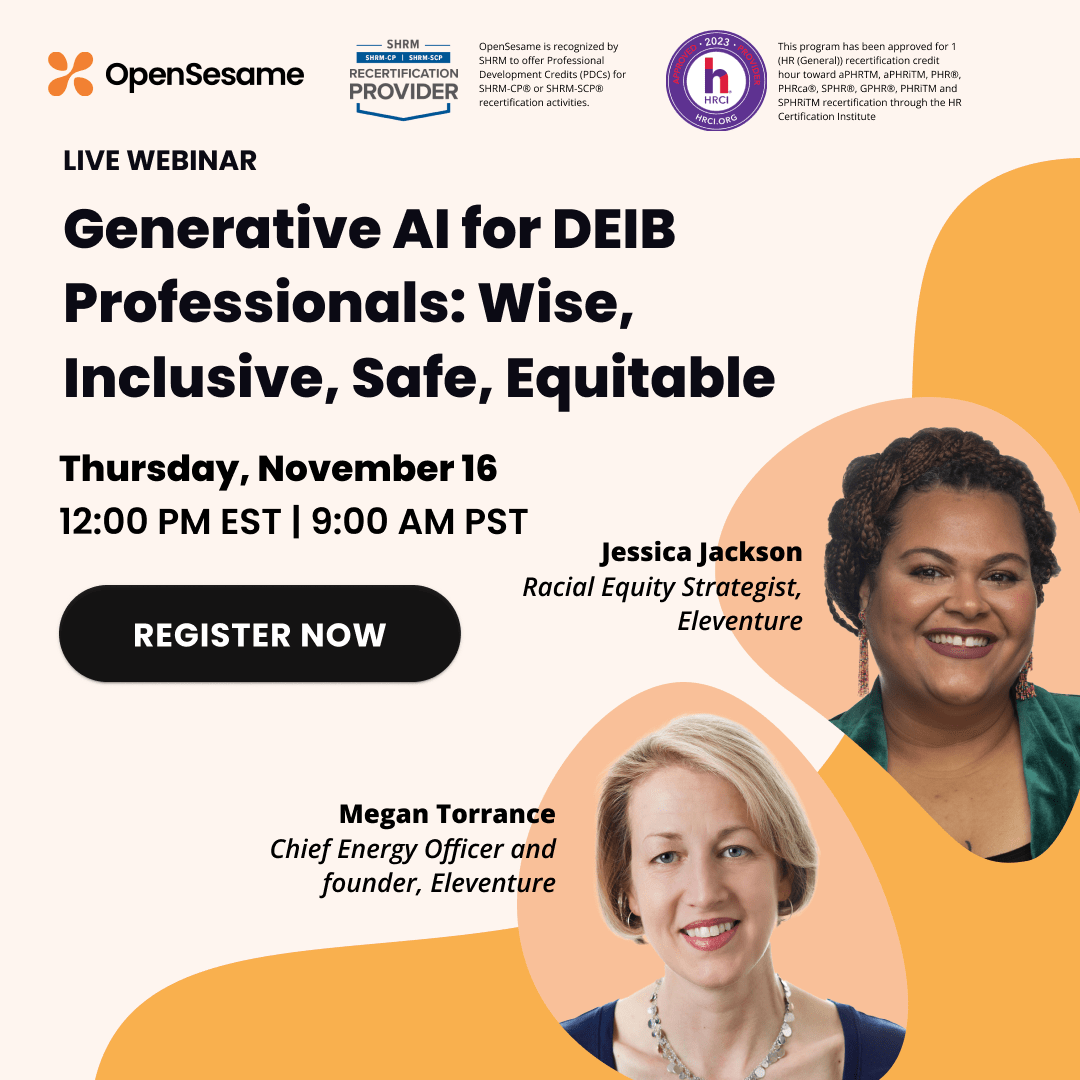In a recent webinar with Training Magazine, Pamela Fuller, Chief Thought Leader on Inclusion and Bias at FranklinCovey, explored how to reframe unconscious bias to create a workplace where everyone feels valued and volunteers their best efforts. Every day, people are faced with countless bits of information while making decisions of all sizes. As they confront more and more information, requiring them to act quickly while considering varying perspectives, they’re primed to rely on biased thinking.
Why? Unconscious biases are shortcuts that help our brains compensate for overload, which can affect how we make decisions, engage with others, and respond to various situations and circumstances, but they often limit potential, inhibit performance, and can lead to poor decision-making. People perform best at work when they feel respected, included, and valued.
There are three major bias traps that people fall into.
These are circumstances when we are more likely to fall into biased thinking:
-
- Information overload– When we are bombarded with information our brains filter that information automatically but some of that information is actually useful and important.
- Feelings over facts– When we have strong feelings about something we tend to be driven by beliefs rather than facts.
- Shortcuts– By acting quickly we use shortcuts, but these time savers are based on bias and can be simplistic and counterproductive.
How to impact change in your organization
-
- Identify bias- The first step to identifying bias is self-awareness. It’s important to recognize that bias exists in everyone and to think about how those biases might be in play with the decisions we make.
- Cultivate connection- By being open we can create meaningful connections, see past bias, and value the people around us. Using empathy and curiosity we can learn more about our colleagues, and get to know them, their goals, and their challenges in a substantial way.
- Choose courage- Effectively confronting bias creates a space where all are values and are able to contribute their best.
By recognizing unconscious bias you can learn to see how those biases are affecting your decisions and move past them. Learn more and watch the webinar here.
With courses offered in multiple languages, and available on multiple devices, we help companies like yours develop the world’s most developed and admired global workforces. For more information on how OpenSesame can save you time and money by curating the right courses for your organization, contact us at info@opensesame.com today.




